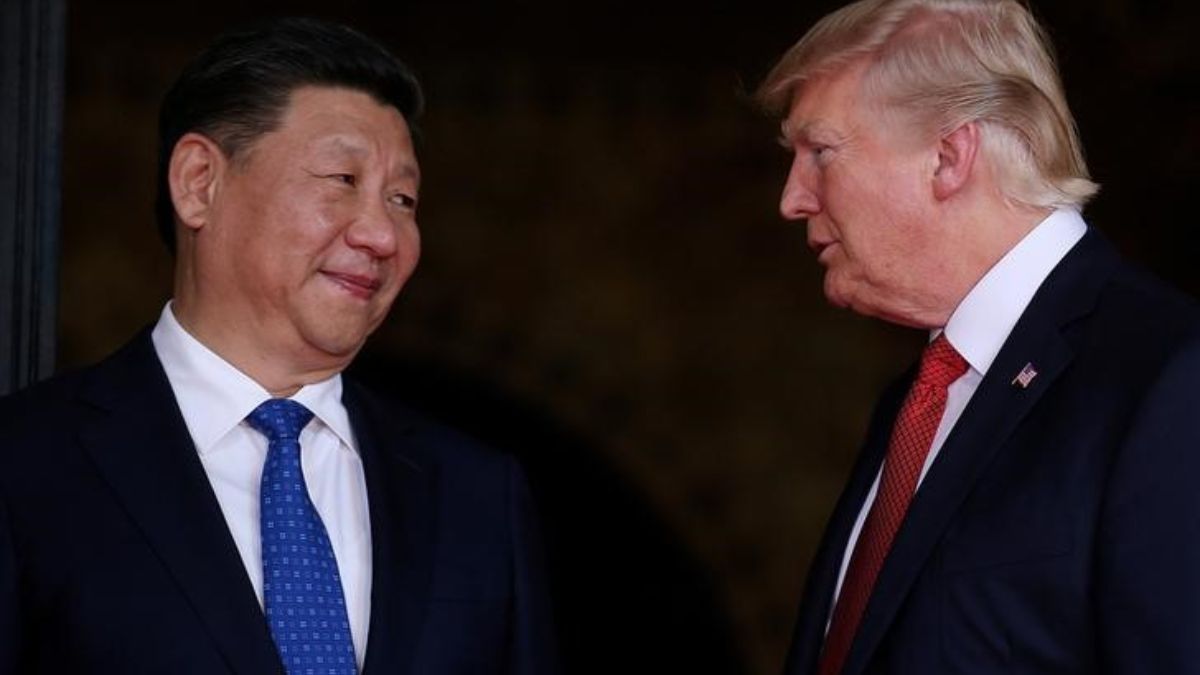US President Donald Trump said Chinese President Xi Jinping “understands the consequences” if China invades Taiwan, while refusing to confirm whether the United States would intervene militarily, according to excerpts of a CBS 60 Minutes interview aired Sunday.
Trump said Taiwan “never even came up as a subject” during his meeting with Xi in South Korea on Thursday — their first face-to-face encounter in six years.
Asked if he would send US forces into action should China move on Taiwan, Trump responded: “You’ll find out if it happens, and he understands the answer to that.”
Pressed further, the president declined to elaborate, saying, “I can’t give away my secrets. The other side knows.”
Trump claimed Xi and his inner circle had “openly said” they would not act against Taiwan “while President Trump is president, because they know the consequences.”
China considers self-ruled Taiwan part of its territory and has vowed to bring it under its control, by force if necessary. The US, while recognising only Beijing under the “One China” policy, remains Taiwan’s main arms supplier and has pledged to support its self-defence.
At their summit, Trump and Xi avoided the Taiwan issue, focusing instead on easing trade and technology tensions between the world’s two largest economies.
Pentagon chief Pete Hegseth on Saturday took aim at Beijing over an increase in “destabilising actions” in the South China Sea and committed to support Southeast Asian countries with technology to help them respond jointly to Chinese threats.
Impact Shorts
More ShortsOn a second day in Kuala Lumpur packed with meetings that included multilateral talks with allies Australia, Japan and the Philippines, Hegseth proposed to ASEAN defence ministers the building of shared maritime domain awareness and said China had shown a lack of respect and threatened their territorial sovereignty.
“You live it on the threats we all face from China’s aggression and course of actions in the South China Sea and elsewhere,” he said.
“We need to develop our joint capabilities to respond, and this includes being able to monitor maritime conduct and develop the tools that allow us to respond quickly … ensuring that whoever is on the receiving end of aggression and provocation is then, therefore, by definition, not alone."
“No one can innovate and scale like the United States of America, and we’re eager to share those capabilities with allies and partners,” Hegseth added.
With inputs from agencies
)